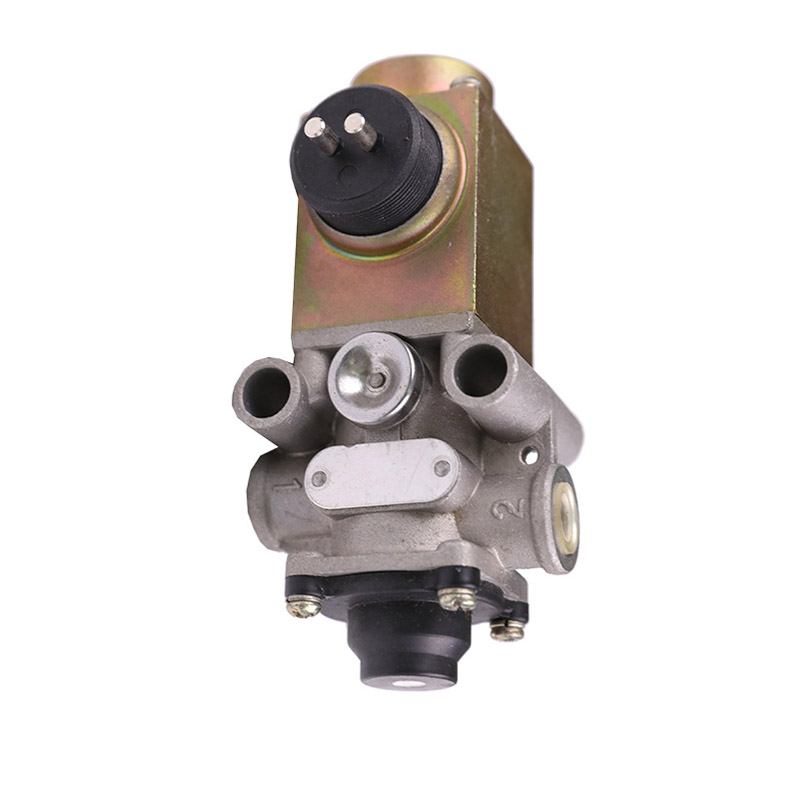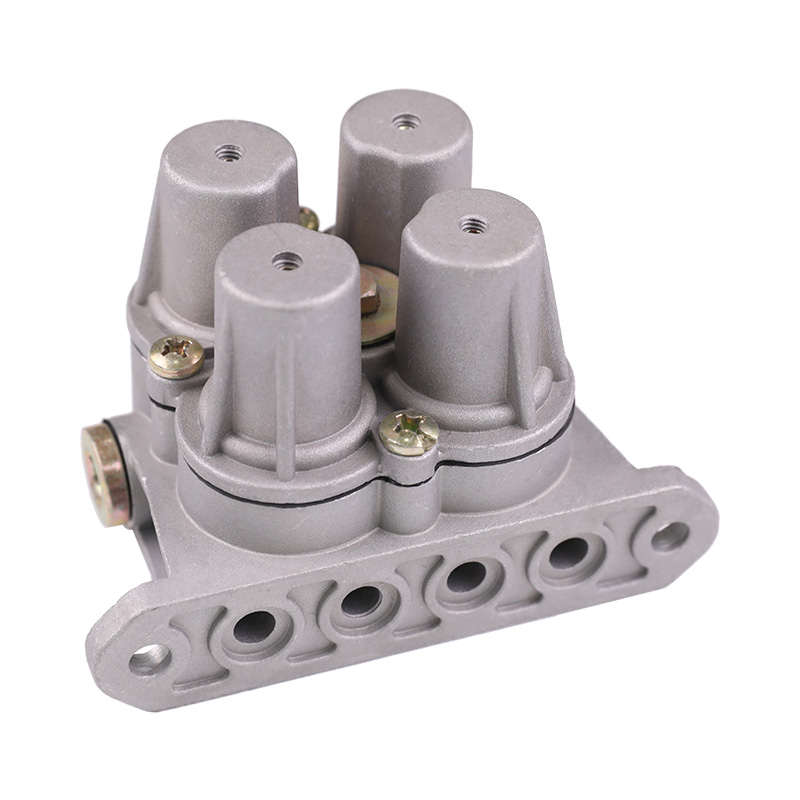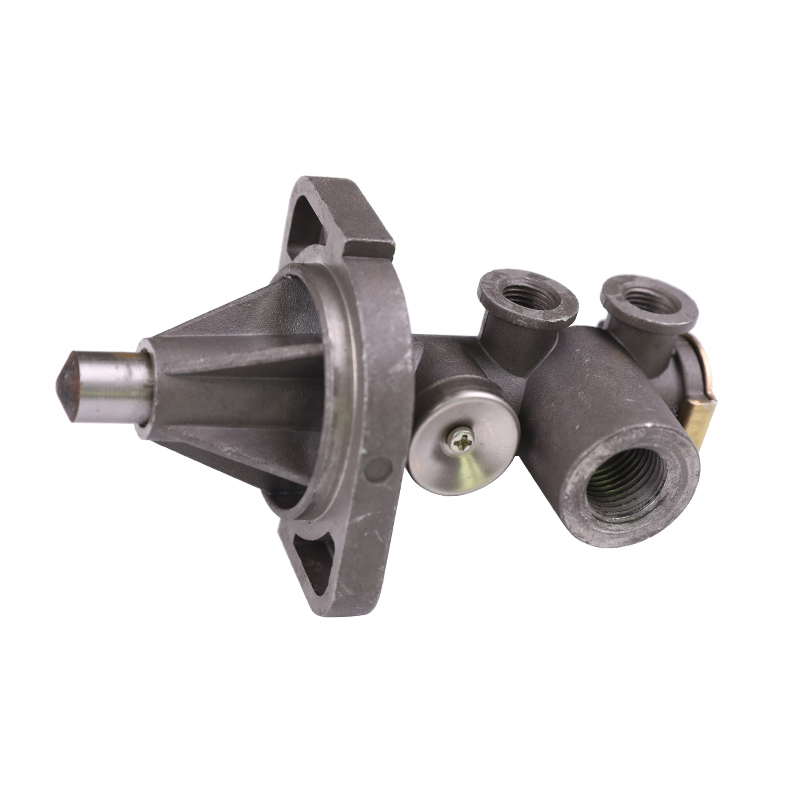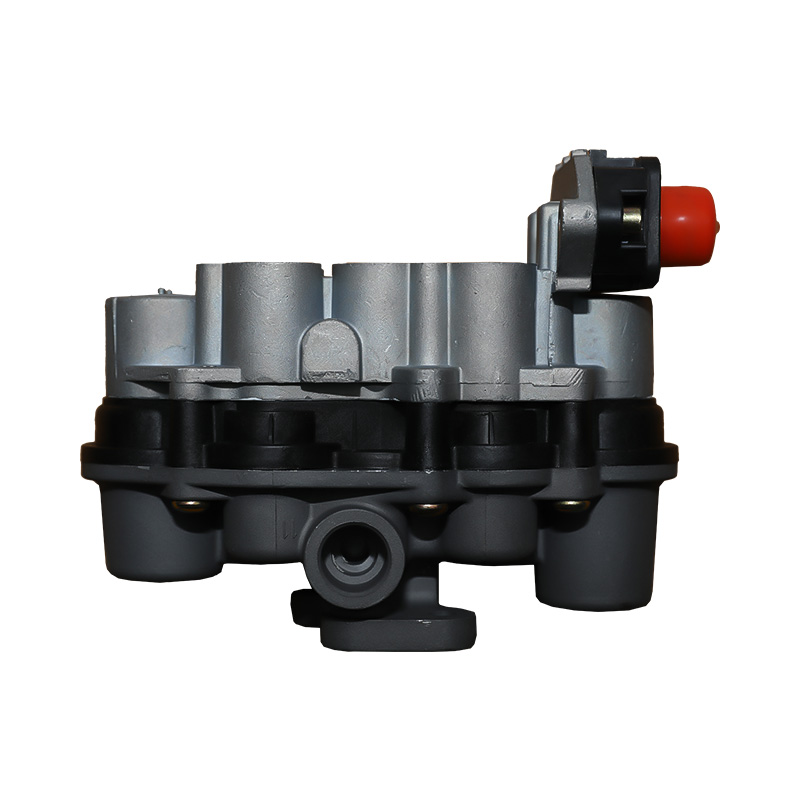A solenoid valve is an electromechanical device used to control the flow of fluids, such as water, air, and other gases, by opening and closing a valve. It consists of a coil of wire, a plunger, and a valve body. When an electric current is applied to the coil, it generates a magnetic field that moves the plunger, allowing or blocking the flow of fluid through the valve.
Solenoid valves are commonly used in a variety of applications, including irrigation systems, HVAC systems, water treatment plants, and even in the food and beverage industry. They offer several advantages over other types of valves, such as quick and precise control over the flow of fluid and the ability to operate remotely through an electrical signal.
There are two main types of solenoid valves: direct-acting and pilot-operated. Direct-acting solenoid valves are typically used for low-pressure applications and have a small orifice size, making them ideal for controlling the flow of small amounts of fluid. They are also generally less expensive and easier to install than pilot-operated solenoid valves.
Pilot-operated solenoid valves, on the other hand, are used for high-pressure applications and have a larger orifice size. They work by using a pilot valve to control the flow of fluid through the main valve, allowing them to handle higher pressures and larger volumes of fluid. They are typically more expensive and complex than direct-acting solenoid valves, but they offer greater control and flexibility over the flow of fluid.
Solenoid valves can also be classified based on the type of fluid they control. For example, there are solenoid valves designed specifically for water, air, gas, and steam applications. Each type of valve is constructed with materials that are suitable for the specific fluid being controlled, ensuring long-lasting and efficient operation.
One of the key benefits of solenoid valves is their ability to operate remotely through an electrical signal. This makes them ideal for use in automated systems where precise control over the flow of fluid is required. For example, in an irrigation system, solenoid valves can be controlled by a computer program to ensure that water is delivered to each section of the field at the right time and in the right amount.
In conclusion, solenoid valves are a critical component in many industrial and commercial applications. They offer precise control over the flow of fluid, are easy to install, and can be operated remotely, making them ideal for use in automated systems. With the ability to handle a wide range of fluids and pressures, solenoid valves are an essential tool for many businesses and industries.







